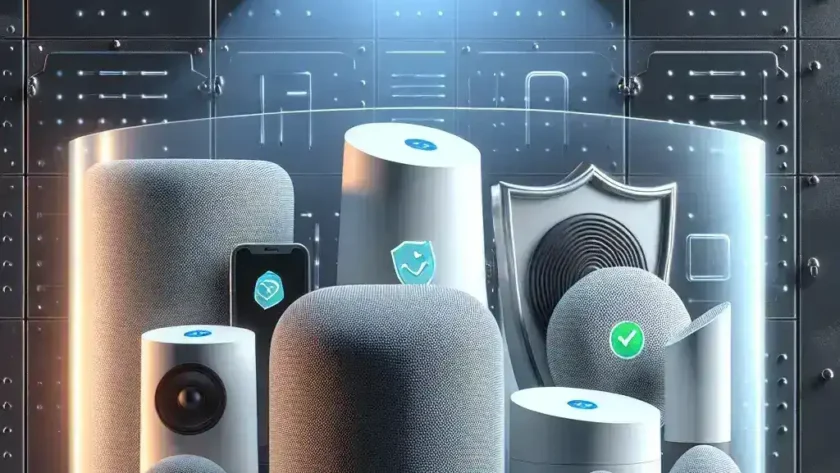Introduction
In a world where voice-activated technology is becoming ubiquitous, smart speakers have revolutionized the way we interact with devices. However, the convenience they offer comes with serious privacy concerns. This article conducts a comprehensive privacy audit of popular smart speakers to determine which ones provide the most secure environment for your conversations.
The Rise of Smart Speakers
Since their introduction, smart speakers have gained immense popularity. They serve as personal assistants, helping users manage tasks, play music, and control smart home devices. According to a recent study, over 30% of households own at least one smart speaker.
Understanding Privacy Risks
Smart speakers are always listening for their wake word, which raises questions about data security and privacy. Conversations can be inadvertently recorded and sent to the cloud, where they are analyzed to improve voice recognition. This poses several risks:
- Unauthorized access to personal conversations.
- Data breaches leading to sensitive information exposure.
- Possible misuse of data by third-party applications.
Key Features for a Secure Smart Speaker
When evaluating smart speakers for privacy, consider the following features:
- Microphone Control: The ability to mute the microphone physically or through the app.
- Data Encryption: Ensures that data is securely transmitted and stored.
- Privacy Settings: Options to manage data sharing and delete voice recordings.
Top Smart Speakers Privacy Audit
Amazon Echo Series
The Amazon Echo offers a range of smart speakers, such as the Echo Dot and Echo Show. Key privacy features include:
- Microphone Control: Physical mute button to disconnect the microphone.
- Data Management: Users can delete recordings through the Alexa app.
However, the Echo still has vulnerabilities, as data can be accessed if the account is compromised.
Google Nest Audio
The Google Nest Audio is another popular option. It features:
- Microphone Off Switch: A switch that physically disconnects the microphone.
- Data Options: Users can review and delete their voice recordings.
Google’s robust security measures make it a strong candidate for privacy-conscious consumers.
Apple HomePod
Apple’s HomePod emphasizes user privacy with features such as:
- On-Device Processing: Requests are processed on the device, minimizing data sent to the cloud.
- Privacy Control: Users can manage their data and request deletion of recordings.
Apple’s commitment to privacy makes the HomePod an excellent choice for those seeking security.
Sonos One
The Sonos One integrates with Alexa and Google Assistant and offers:
- Physical Mute Button: Allows users to stop the microphone from listening.
- Data Control: Users can manage their data settings through the app.
While Sonos emphasizes sound quality, privacy features are also commendable.
Comparative Analysis
Pros and Cons of Each Smart Speaker
When comparing the smart speakers, consider the following pros and cons:
Amazon Echo
Pros: Affordable, vast smart home integration.
Cons: Data vulnerability if the account is compromised.
Google Nest Audio
Pros: Excellent sound quality, strong security features.
Cons: Privacy settings can be complex to navigate.
Apple HomePod
Pros: Strong focus on privacy, high-quality audio.
Cons: Higher price point, limited third-party integration.
Sonos One
Pros: Great audio performance, versatile.
Cons: Slightly higher cost compared to standard models.
Future of Smart Speaker Privacy
As technology evolves, so will the capabilities of smart speakers. Manufacturers must prioritize user privacy to maintain trust and market share. The future may include advanced security measures such as:
- Biometric Authentication: Facial or voice recognition for personalized security.
- End-to-End Encryption: Ensuring that only authorized users can access data.
Conclusion
In conclusion, while smart speakers offer convenience, it is essential to consider their privacy implications. Based on this privacy audit, the Apple HomePod emerges as the leader in privacy features, closely followed by Google Nest Audio. However, all devices have some level of vulnerability, and users must remain vigilant about their data.
By proactively managing privacy settings and understanding how these devices work, you can enjoy the benefits of smart speakers while keeping your conversations secure.

